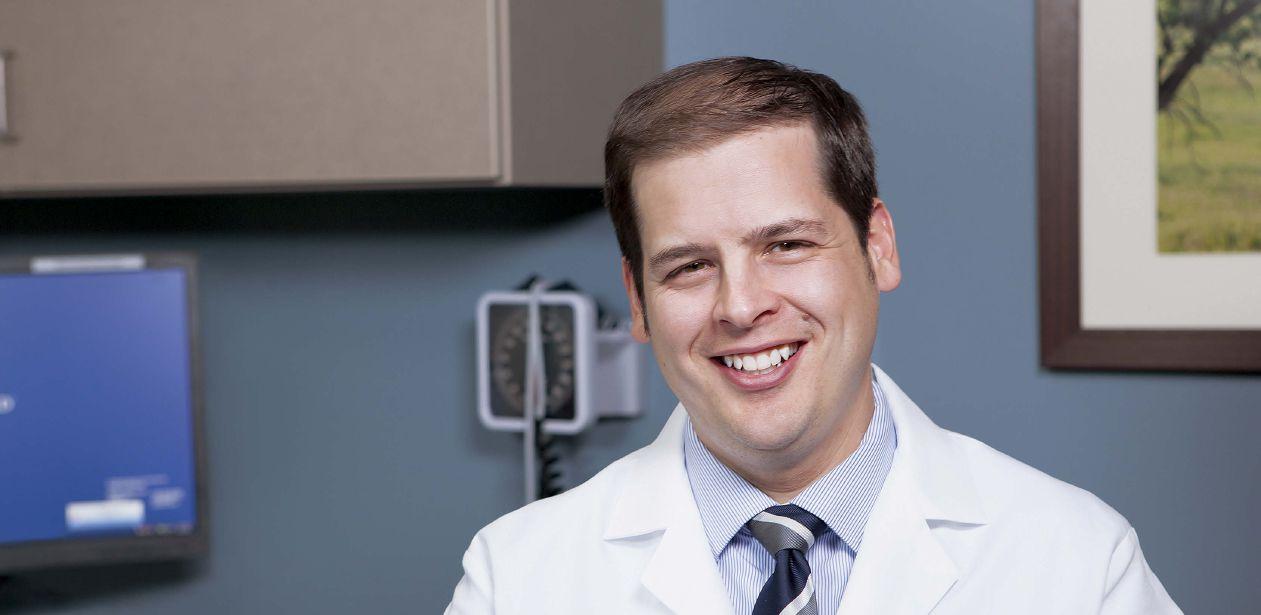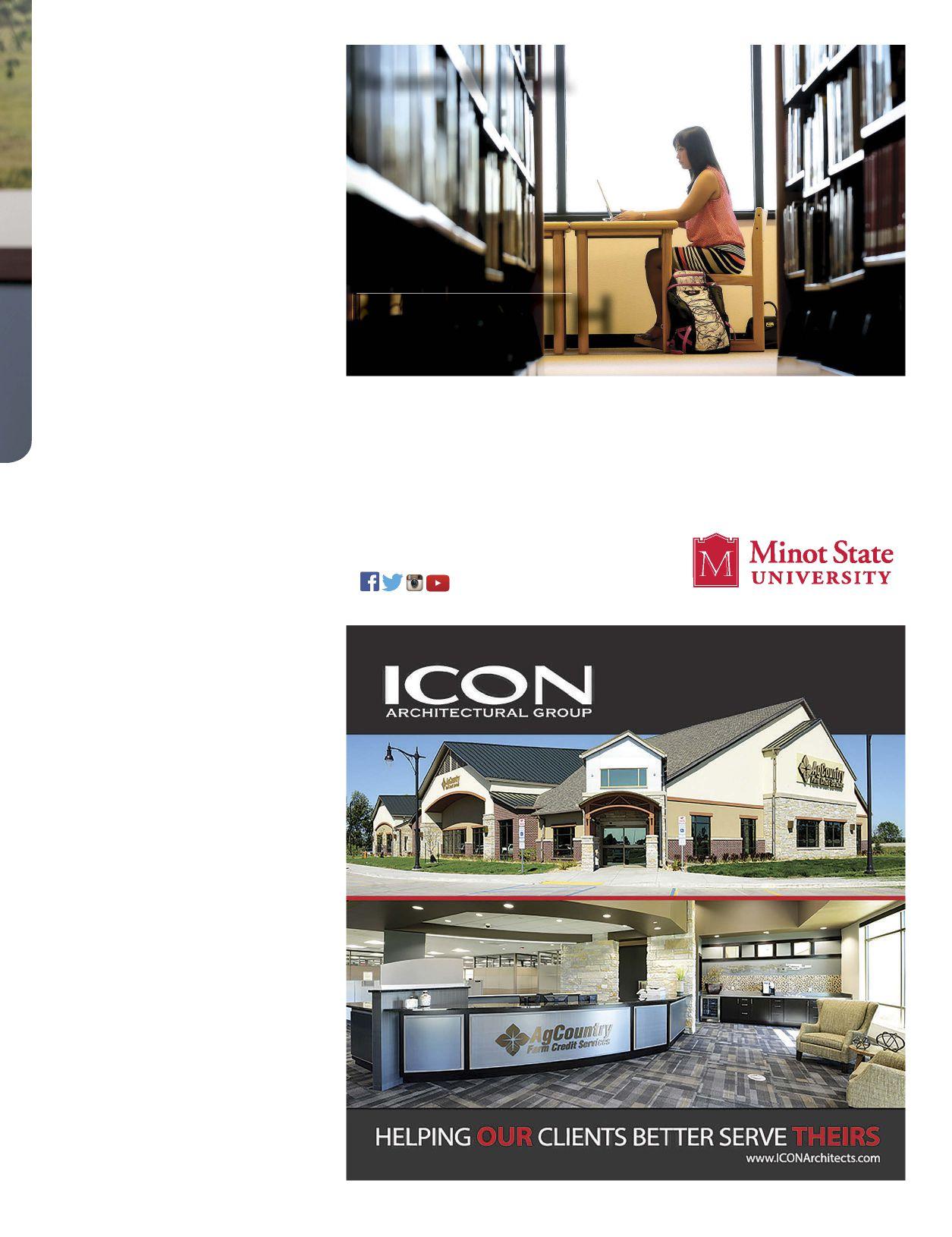
4 minute read
‘Research Renaissance’
BY LISA GIBSON
Q A Q A
When did you know you wanted to be a doctor and what steps did you take right away to make it happen?
During my undergraduate degree in biomedical engineering at Arizona State University, I started work in a laboratory where we identified and developed anti-cancer drugs from natural sources like tree bark, sea sponges, microbes and other flora and fauna. As part of this research, I learned about the clinical trials being done to evaluate these compounds in patients with cancer. This clinical correlation made me interested in being a physician. I wanted to bridge the gap from the lab to the clinic. It was amazing to see the impact of these treatments we developed in the lab to the patient. As a result, I made sure to complete the necessary curriculum to go to medical school. I also continued my work in the lab with a focus on developing better treatments for cancer patients.
Are you more passionate about any certain aspects of health care than others?
I like the combination of patient care and research. This is why I am a clinical trials specialist. With additional training in clinical trials and a background in the lab, I am able to bring the most innovative therapies to my patients through clinical trials. It is very exciting to be able to offer a patient a treatment that may revolutionize cancer care. This is where we are at right now with cancer. We are able to understand the genetic code of the disease and tailor some of our treatment to target these changes.
I think one of the most exciting recent advances has been in cancer immunotherapy. Through clinical trials, we have been able to offer our patients these exciting new treatments before they are approved by the FDA for general use. It is a new era for cancer care, and it is great to be part of the driving force.
Q A Q A Q A
What’s your favorite part of your job?
I enjoy both the patient interaction and the ability to do research. The ability to take what you have learned in the clinic and go back to the lab to try and solve clinical problems is my favorite part of the job. It allows you to think ahead and try to improve upon the therapies we already have and bring forward others that show promise. We are sitting on a mountain of knowledge when it comes to cancer. Now we are finally at a time that we can act on this knowledge.
You’re involved in all kinds of research for Sanford. Do you have a specialized area of expertise?
Clinically, my major focus is on head and neck cancers. I serve on the National Cancer Institute Steering Committee for Head and Neck Cancers and am an active researcher in this area. My major areas of expertise are the area of genomics and immunotherapy in this disease. I actively write and collaborate on clinical trials investigating new treatments and biomarkers (laboratory tests) in head and neck cancers.
What has been your favorite research project so far and why?
Currently, we are enrolling in a clinical trial evaluating a new immunotherapy in combination with chemotherapy and radiation for head and neck cancer. This trial is a prime example of what I do. We spent about a year in the lab evaluating the concept of adding immunotherapy to standard treatment to improve cure rates in head and neck cancer. Our results were very positive in our preclinical mouse studies, so we decided to move this to the clinic.
Throughout this process, we worked with our clinical trials team and the FDA and now have a clinical trial evaluating this treatment in patients with advanced head and neck cancer. Our hope is that this leads to a new curative intent therapy with fewer side effects for patients with head and neck cancer. The trial is one of the first of its kind and will hopefully lead to advances in treating head and neck cancer and other cancers. It has been phenomenal to be able to grow this from the lab into a treatment that helps patients.
Where do you see yourself in your career in 10 years?
Despite being involved in cancer research for more than 10 years, I’m still early in my career and considered a “young investigator.” My hope is to grow into a senior investigator and help others grow in the same way I have.
In order to advance cancer care through research, you must have experts in each area of cancer, like breast cancer, colon cancer, lung cancer and so on. At Sanford, we have been trying to recruit physicians who are interested in this approach and want to help advance the field in their areas of interest. I’m hopeful that with my experience, I can help mentor others to be leaders in their fields. At the end of the day, I would like to help establish a program throughout this region that provides exceptional cancer care with cutting-edge treatments driven by research.
A Q A
What advancements in health care do you think we’ll see in the next 10 years?
Mainly, I can speak for advancements in cancer care. As previously mentioned, we have amassed a huge amount of information on the nature of cancer, all the way down to the genetic level. We are at a major turning point in cancer research right now where we have the capability to act on this information. I expect there to be major advances in immunotherapy and targeted therapies. We will see growth in precision medicine and the ability to tailor treatments to an individual person’s cancer, rather than just a cancer type. The number of treatments being developed right now is astonishing. We are going to learn how to use these more effectively and efficiently.
My hope is that we can catch more cancers earlier on and cure them before they become too advanced. Even when they cannot be cured, my hope is that they can be controlled for longer time while still retaining a good quality of life for patients. This is only possible through cancer research and clinical trials. Looking forward, I’m excited to be part of this cancer research renaissance. PB
Lisa Gibson Editor, Prairie Business 701.787.6753 lgibson@prairiebusinessmagazine.com











